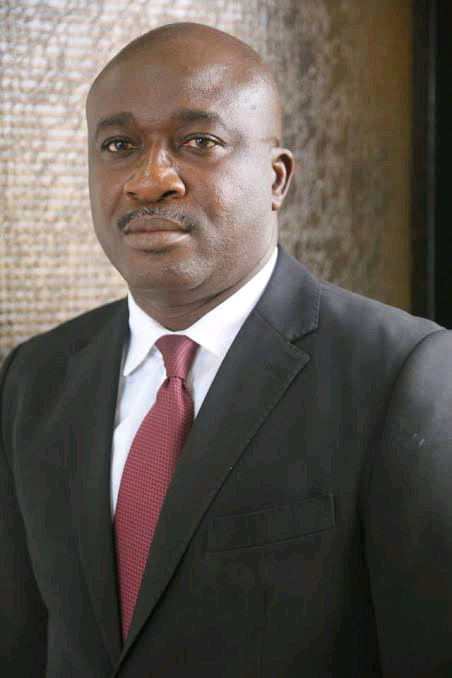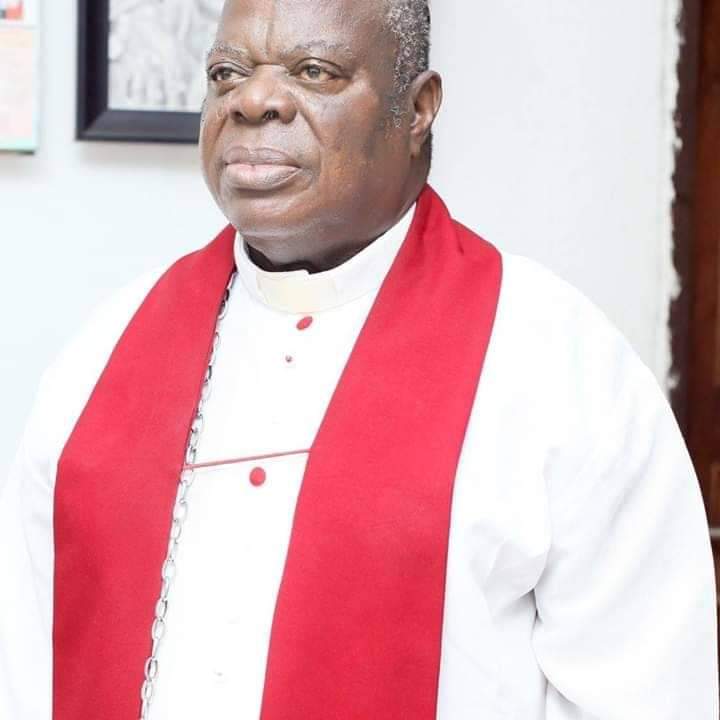News
”We have documents to prove CBN withdrew N100bn for ex-president Goodluck Jonathan before 2015 elections” Presidency

The presidency says it has proof to back up its claims that Former president Goodluck Jonathan withdrew N100 billion from the Central Bank of Nigeria CBN, few weeks to the 2015 general election which he lost to President Buhari.
Recall that Vice President Yemi Osinbajo, at a recent function in Abuja, alleged that the former president’s admiistration, withdrew N100 billion from the CBN which they ”essentially shared” to some persons, weeks before the election.
A source in the presidency who spoke to Vanguard, said there are documents to back up this claims which has been denied by the former president’s media aide, Reno Omokri.
The presidential source told Vanguard that the former National Security Adviser, NSA personally supervised the physical transfer of the money from the CBN vaults to the private residence of the former President.
“In one particular instance over N70 billion was released in parts from the national treasury between January 8 and February 25, 2015. The over $289M which was also referenced last week by the Vice President is said to be included in this particular series of illegal transactions. Besides, that in another illegal disbursement, the minutes of the Central Bank board meeting of 25th August 2014 indicated the board’s okay of another N60B requested by the former President and released later by the Central Bank.”
The source stressed that the money released by the CBN was not tied to any project being executed by the Jonathan administration. The source said the money was meant and disbursed purely for campaign purposes, through the office of the then NSA and the SSS leadership at the time. He said that N60 billion that was okayed by the CBN on August 25, 2014 was said to have been shared between the two security agencies thus: N40B went to the NSA while N20 billion was released to the State Security Services (SSS).
“While some of these newly emerging fund disbursements have been traced to the former NSA, there are indications that some of the funds are unconnected to the ongoing Defence contract trials of the former NSA,while some might,” he said.
Recall that Osinbajo, in a recent speech, had alleged that weeks to the 2015 election under the administration of former president Goodluck Jonathan about N100B was released and embezzled. He also disclosed that about $289m was disbursed illegally about the same time. The new discovery revealed that the $289m mentioned by the Vice President was released on February 25, 2015 Details of the deal shows that documents including cash vouchers indicate that $289,202,382 was released in cash to the NIA by the Central Bank of Nigeria from the Joint Venture (JV) Cash Call Account No. 000-0000-11658-366 of the NNPC/NAPIMS with JP Morgan Chase Bank, New York, USA.



